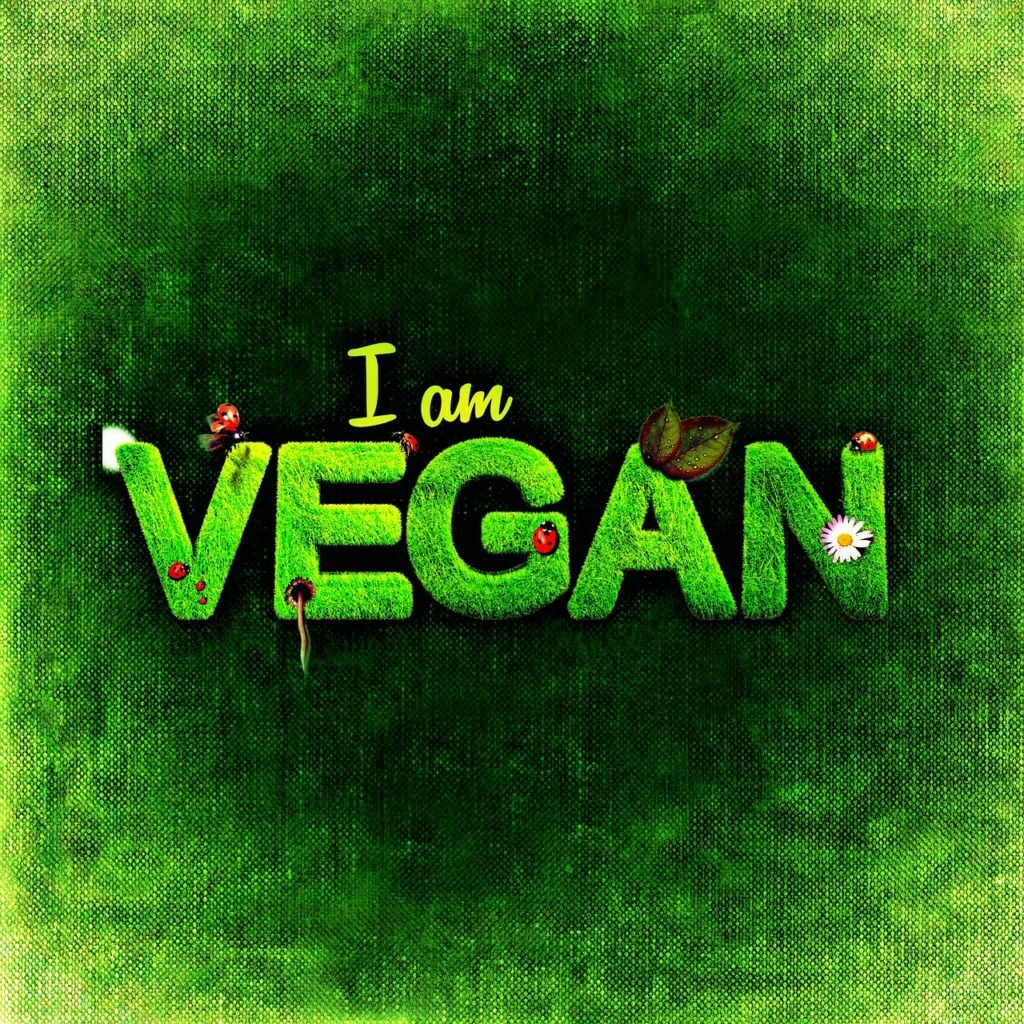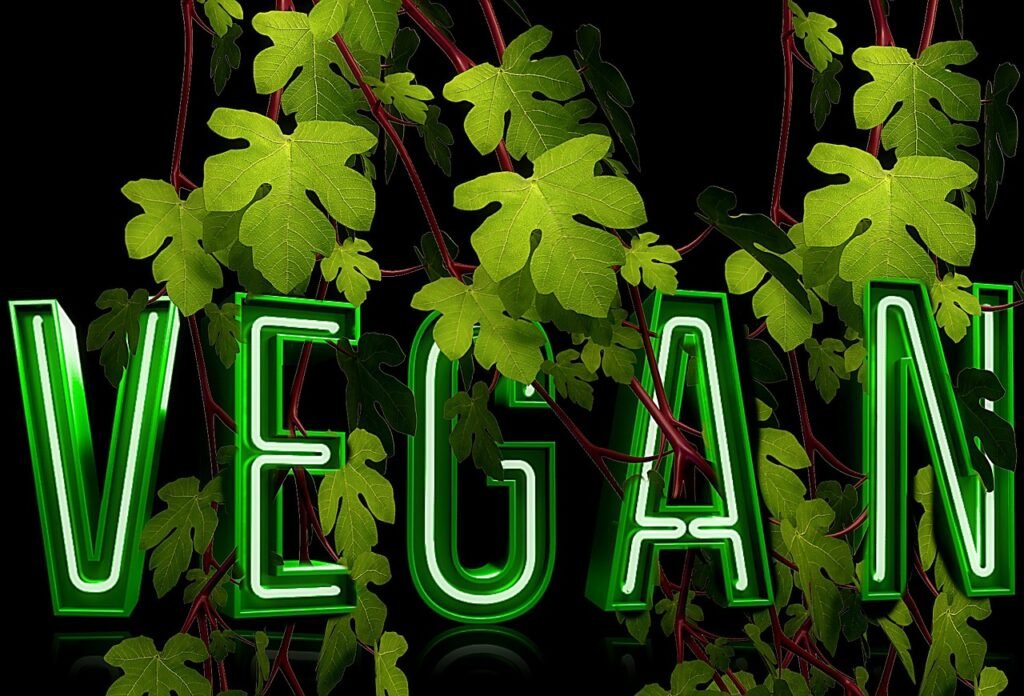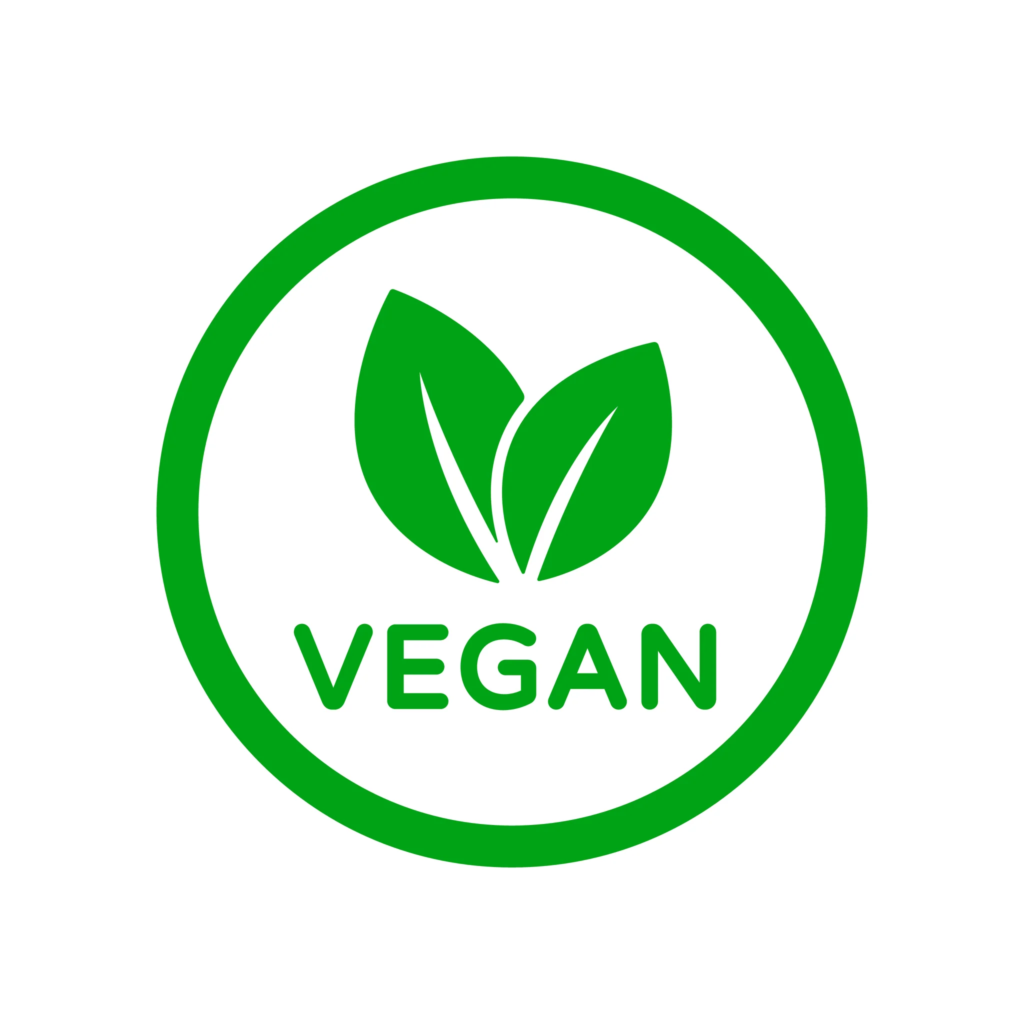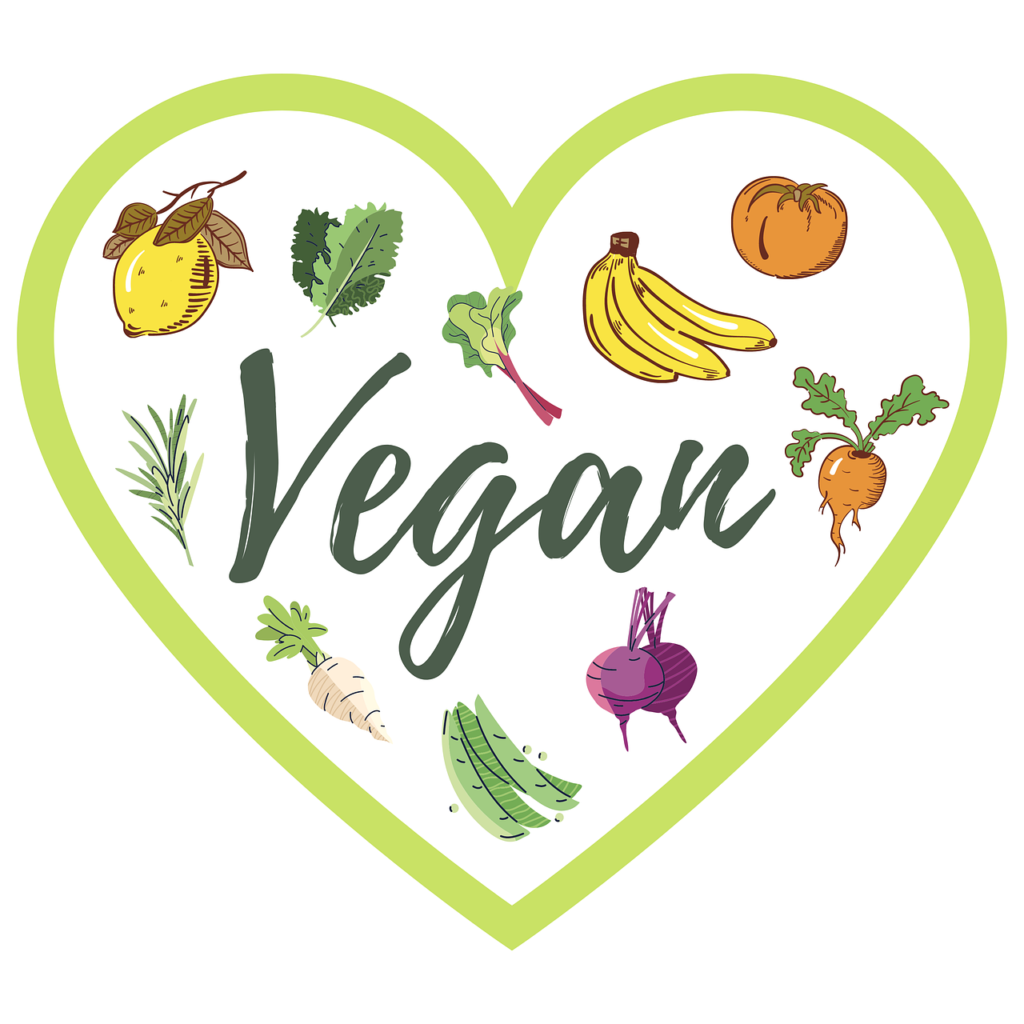In an era where health consciousness and ethical choices converge, vegan supplements have emerged as a cornerstone in the wellness industry. As more individuals gravitate towards plant-based lifestyles, the demand for supplements free from animal-derived ingredients has soared. This blog delves into the world of vegan supplements, unraveling their essence, benefits, and the pivotal role they play in modern nutrition. Whether you're a long-time vegan, considering a plant-based diet, or simply curious about the health benefits these supplements offer, this comprehensive guide aims to enlighten and inform, paving the way for informed choices in your health and wellness journey.

1. Vegan Supplements: Definition and Background
1.1 What are Vegan Supplements?
Vegan supplements are dietary supplements formulated without the use of any animal-derived ingredients. These products cater to individuals following a vegan lifestyle, ensuring that their nutritional needs are met without compromising their ethical and dietary choices. Vegan supplements range from vitamins, minerals, proteins, to specialized nutrients, all derived from plant-based or synthetic sources that do not involve animal products or by-products.
1.2 The Evolution of Vegan Supplements
The journey of vegan supplements can be traced through distinct developmental phases:
Phase 1: The Emergence
The concept of vegan supplements originated in the early days of the vegan movement, primarily as a response to the need for vitamin B12, which is naturally found in animal products. Early vegan supplements were limited in variety and often hard to find.
Phase 2: Expansion and Diversity
As the vegan lifestyle gained popularity, the market saw an expansion in the variety of vegan supplements. This phase witnessed the introduction of plant-based proteins, omega-3s derived from algae, and a broader range of vitamins and minerals.
Phase 3: Technological Advancements and Innovation
The recent phase has been marked by significant technological advancements. This era has seen the development of more bioavailable forms of nutrients, the use of fermentation processes to create vitamins and minerals, and the innovation of new plant-based compounds that mimic the nutritional profile of animal-derived nutrients.
Phase 4: Mainstream Acceptance and Growth
Presently, vegan supplements are not just for vegans but have gained mainstream acceptance. They are recognized for their health benefits and ethical appeal, leading to a surge in demand and availability. This phase is characterized by a focus on sustainability, cleaner labels, and the integration of superfoods and adaptogens.

2. Vegan Supplements: Types and Sources
2.1 Types of Vegan Supplements
Vegan supplements encompass a wide range of products, each catering to different nutritional needs. Some of the key types include:
A.Vitamins: Essential vitamins like B12, D, and K2 are commonly found in vegan supplements. Vitamin B12 is particularly crucial for vegans as it's primarily found in animal products.
B.Minerals: Important minerals such as calcium, iron, and zinc are available in vegan-friendly forms. These are essential for various bodily functions, including bone health and immune system support.
C.Plant-Based Proteins: Sources like pea protein, rice protein, and hemp protein are popular in vegan supplements, providing an alternative to animal-based proteins.
D.Omega-3 Fatty Acids: Algae-based omega-3 supplements offer a vegan alternative to fish oil, providing essential fatty acids like DHA and EPA.
E.Herbal Extracts and Superfoods: These include a variety of plant-based extracts like turmeric, spirulina, and chlorella, known for their health-promoting properties.

2.2 Sources and Extraction Processes
The sourcing and extraction of ingredients for vegan supplements are crucial for maintaining their vegan status and efficacy:
A.Vitamin and Mineral Sources: Vitamins like B12 are often produced through bacterial fermentation, while minerals are sourced from plant extracts or synthesized in a lab to ensure purity and bioavailability.
B.Protein Extraction: Plant proteins are typically extracted using water or enzyme-based processes from sources like peas, rice, or hemp seeds. This method ensures the preservation of protein integrity and nutritional value.
C.Omega-3 from Algae: The omega-3 fatty acids DHA and EPA are extracted from microalgae through a controlled fermentation process, providing a sustainable and vegan-friendly source.
D.Herbal Extracts: Plants and herbs are processed through methods like cold pressing, steam distillation, or solvent extraction to obtain concentrated extracts rich in active compounds.

2.3 Applications of Vegan Supplements
The vegan label is not limited to a specific type of supplement but can be applied across various forms, each serving unique dietary needs and preferences:
A.Gummies: Vegan gummies are a popular choice, especially for those who prefer a tastier, chewable option. These are made without gelatin, which is animal-derived, and instead use pectin or other plant-based gelling agents.
B.Pills and Capsules: Vegan pills and capsules are designed without the use of animal-derived gelatin. Instead, they utilize cellulose or other plant-based materials for the casing, making them suitable for vegan diets.
C.Softgels: Traditionally, softgels have been challenging to produce in a vegan format due to the gelatin used in their shells. However, recent advancements have led to the development of vegan softgels made with seaweed extracts or other plant-based materials.
D.Sea Moss Gel and Other Edible Gels: These products are inherently plant-based and align well with vegan principles. Sea moss gel, for instance, is made from seaweed and is rich in nutrients, making it a popular vegan supplement.
E.Powders: Vegan protein powders, green powders, and other nutritional powders are common in the vegan supplement market. They are often derived from plants like peas, rice, or hemp and are free from animal products.
The application of the vegan label on these supplements ensures that they are free from animal-derived ingredients, catering to the dietary restrictions and ethical choices of vegan consumers.

3.Advantages and Benefits of Vegan Supplements
3.1 Advantages
Vegan supplements are dietary supplements that are made entirely from plant-based ingredients. They are often rich in vitamins, minerals, and other nutrients that are essential for maintaining good health. Here are some of the most significant advantages of vegan supplements:
A.Better bioavailability: Vegan supplements are often more easily absorbed by the body than synthetic supplements, which can be difficult for the body to process [1].
B.Lower toxicity risk: Vegan supplements are less likely to cause toxicity than synthetic supplements, which can be harmful in high doses [1].
C.Additional cofactors and co-nutrients: Vegan supplements contain a wide range of vitamins, minerals, and other nutrients that work together to support overall health and well-being [1].
D.Natural smell and taste: Vegan supplements often have a more pleasant smell and taste than synthetic supplements, which can be unappetizing [1].
E.Vegan: Vegan supplements are suitable for vegans and vegetarians, who may have difficulty finding supplements that meet their dietary needs [1].
3.2 Benefits
Vegan supplements are dietary supplements that are made entirely from plant-based ingredients. They differ from other types of supplements. Vegan supplements have many potential health benefits. Here are some of the most significant benefits:
A.Reduced risk of cardiovascular disease: Studies have shown that vegans and vegetarians have a lower risk of cardiovascular disease [2][3]. This is because plant-based foods are rich in fiber, vitamins, and minerals, which can help lower cholesterol levels and blood pressure, thereby reducing the risk of cardiovascular disease.
B.Reduced risk of cancer: Studies have shown that vegans and vegetarians have a lower risk of cancer [2][3]. This is because plant-based foods are rich in antioxidants and other beneficial chemicals, which can help prevent cancer.
C.Improved gut health: Studies have shown that vegans and vegetarians have better gut health than non-vegetarians [2][3]. This is because plant-based foods are rich in fiber and other beneficial nutrients, which can help promote gut health.
D.Reduced inflammation: Studies have shown that vegans and vegetarians have lower levels of inflammation [2][3]. This is because plant-based foods are rich in anti-inflammatory nutrients, which can help reduce inflammation.
E.Improved blood sugar control: Studies have shown that vegans and vegetarians have better blood sugar control than non-vegetarians [2][3]. This is because plant-based foods are rich in fiber and other beneficial nutrients, which can help improve blood sugar control.



4. Production Process and Quality Standards
4.1 Ensuring Vegan Quality in Production
The production of vegan supplements requires strict adherence to vegan standards throughout the manufacturing process. This includes:
A.Sourcing of Ingredients: All ingredients must be verified as plant-based or synthetic and free from animal derivatives.
B.Cross-Contamination Prevention: Facilities must implement measures to prevent cross-contamination with non-vegan substances.
C.Equipment Cleaning: Regular and thorough cleaning of machinery and equipment to ensure no residue from non-vegan products.
D.Staff Training: Employees should be well-trained in vegan production protocols and the importance of maintaining vegan integrity.
4.2 Quality Certifications and Standards
Vegan supplements are often subject to the same rigorous quality standards as other supplements, including:
A.Good Manufacturing Practices (GMP): Ensures products are consistently produced and controlled according to quality standards.
B.International Organization for Standardization (ISO): ISO certifications, like ISO 22000, focus on food safety management.
C.Food and Drug Administration (FDA): Compliance with FDA regulations is crucial for marketability in the United States.
D.Hazard Analysis Critical Control Point (HACCP): This system identifies, evaluates, and controls hazards related to food safety.
While FDA and HACCP are not specifically vegan certifications, their compliance ensures the overall safety and quality of the supplements.
4.3 Certification Steps for Vegan Labeling
Obtaining a vegan label involves several key steps:
A.Ingredient Verification: All ingredients must be scrutinized to ensure they are vegan.
B.Third-Party Certification: Organizations like the Vegan Society or Vegan Action offer certification programs to authenticate vegan claims.
C.Regular Audits: To maintain certification, companies undergo regular audits to ensure ongoing compliance with vegan standards.
D.Labeling Compliance: Labels must accurately represent the vegan status of the product, adhering to legal and ethical standards.

5. Trends and Outlook
5.1 Current Market and Consumer Insights
5.1.1 Market Trends in Vegan Supplements
The vegan supplements market is experiencing significant growth, driven by:
Increased Health Awareness: Consumers are more health-conscious and seeking plant-based alternatives for nutritional needs.
Rising Vegan Popularity: The growing vegan population globally is directly influencing the demand for vegan supplements.
Innovation in Product Development: Companies are innovating with new types of vegan supplements, catering to diverse health needs.
5.1.2 Consumer Demand and Preferences
Consumers are increasingly looking for:
A.Transparency: Clear labeling of ingredients and sourcing.
B.Variety: A wider range of supplements catering to specific health concerns.
C.Quality Assurance: Products that are certified vegan and meet quality standards.

5.2 Future Outlook of Vegan Supplements
5.2.1 Innovations and Future Directions
The future of vegan supplements is likely to see:
A.Advanced Extraction Techniques: Improved methods for extracting nutrients from plant sources.
B.Customization: Personalized supplements based on individual health profiles and dietary needs.
C.Integration with Technology: Use of apps and AI to tailor supplement recommendations.
5.2.2 Impact of Environmental Sustainability and Health Trends
Environmental and health trends will continue to shape the vegan supplements market:
A.Eco-friendly Production: Emphasis on sustainable sourcing and production methods.
B.Holistic Health Approach: A shift towards supplements that support overall well-being, not just specific nutritional deficiencies.
C.Educational Initiatives: Increased efforts to educate consumers about the benefits of vegan supplements and sustainable living.

Conclusion
In this comprehensive exploration of vegan supplements, we've delved into their definition, background, types, sources, and the rigorous standards they must meet. We've seen how these supplements are not just a trend, but a reflection of a growing global consciousness towards health, sustainability, and ethical choices in nutrition.
The rise of vegan supplements is a testament to the evolving consumer preferences and the industry's response to these changes. With advancements in production techniques, quality standards, and market innovations, vegan supplements are poised to become an integral part of the health and wellness landscape.
As we look to the future, it's clear that vegan supplements will continue to play a significant role in meeting the nutritional needs of a diverse population. Their impact on personal health, coupled with their contribution to environmental sustainability, makes them more than just a dietary choice; they represent a holistic approach to living.
For consumers and businesses alike, understanding the nuances of vegan supplements is crucial. It's not just about the ingredients; it's about the values they embody and the benefits they offer. As the market grows, so does the responsibility to ensure these products are accessible, transparent, and aligned with the highest standards of quality and ethics.
In conclusion, vegan supplements are more than a niche market; they are a dynamic and essential part of a health-conscious, environmentally aware, and ethically driven society. Embracing them is not just good for individual health, but also for the health of our planet.
References:
[2]: “The Benefits Of Plant-Based Supplements | Just Vegan Today.” Just Vegan Today, 10 May 2023, https://justvegantoday.com/plant-based-supplements/.
[3]: “Health Benefits of a Vegan Diet | RUSH.” Rush University Medical Center



3 Responses
Wow Thanks for this piece of writing i find it hard to acquire exceptional related information out there when it comes to this material thank for the review website